Kenya has reaffirmed its commitment to supporting efforts to stabilise Haiti, even as a section of local leaders continues to oppose the initiative.
The government has insisted that the deployment of Kenyan officers remains an important step in helping restore peace and order in the troubled Caribbean nation.
Foreign Affairs Principal Secretary Korir Sing’oei explained that Kenya will continue to work closely with the United States and other international partners to back Haiti’s security and peace restoration process.
He emphasised that the collaboration focuses on assisting the Gang Suppression Force and the Haiti National Police in maintaining order.
Sing’oei said the government’s decision aligns with Kenya’s long-standing tradition of contributing to global peace and humanitarian missions.
He stated, “We will continue to work with the United States and other members of the Standing Group of Partners on Haiti to support the Gang Suppression Force and HNP on stabilisation.”
His remarks followed a statement from US Ambassador to the UN, Mike Waltz, who expressed appreciation for Kenya’s contribution during a UN Security Council briefing on Haiti.
Waltz acknowledged that the United States would continue its fight against criminal gangs destabilising the Caribbean region. He said it was encouraging to see partners like Kenya sharing the responsibility in restoring peace in Haiti.
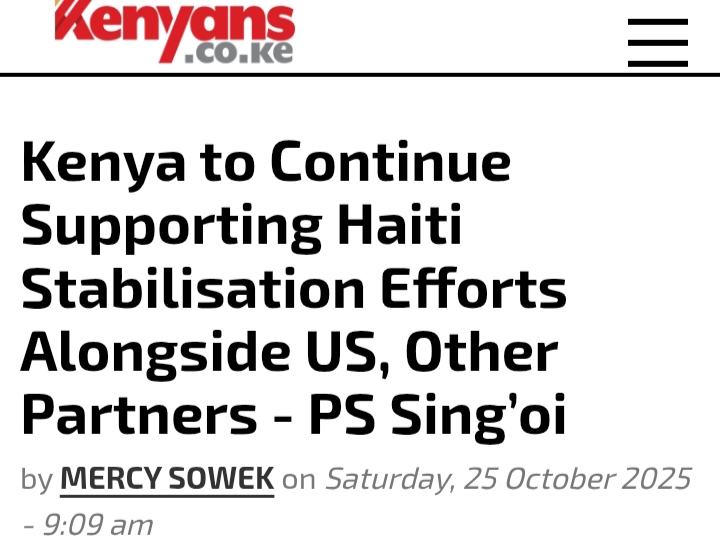
The comments were seen as a strong endorsement of Kenya’s leadership role in the mission, which has been ongoing since October 2023.Despite the government’s determination, the Haiti mission has faced growing criticism from opposition leaders.
Wiper Party leader Kalonzo Musyoka has been among the most vocal critics, insisting that Kenya’s involvement was poorly advised and risky for the deployed officers.
Kalonzo argued that the mission lacked proper approval from the UN Security Council, making it illegal and unsafe. He called for the immediate withdrawal of all Kenyan officers, saying that their safety should come first.
He noted, “The mission was misadvised and it did not even in its initial stages get a nod of the UN Security Council, and without it, it was a mission impossible.
In the spirit of leadership and service, we must condemn the reckless decisions that put our young men in danger in Haiti. We want our boys back.”
Kalonzo’s sentiments have been echoed by other leaders including DAP-Kenya’s Eugene Wamalwa and former Cabinet Secretary Moses Kuria.
Wamalwa described the operation as unconstitutional, while Kuria termed it a misadventure that exposed Kenyan forces to unnecessary danger.
Their criticisms have intensified following reports that at least three Kenyan officers have died since the mission began.
The initial Multinational Security Support Mission, led by Kenya, officially ended on October 2 and was replaced by the newly formed Gang Suppression Force.
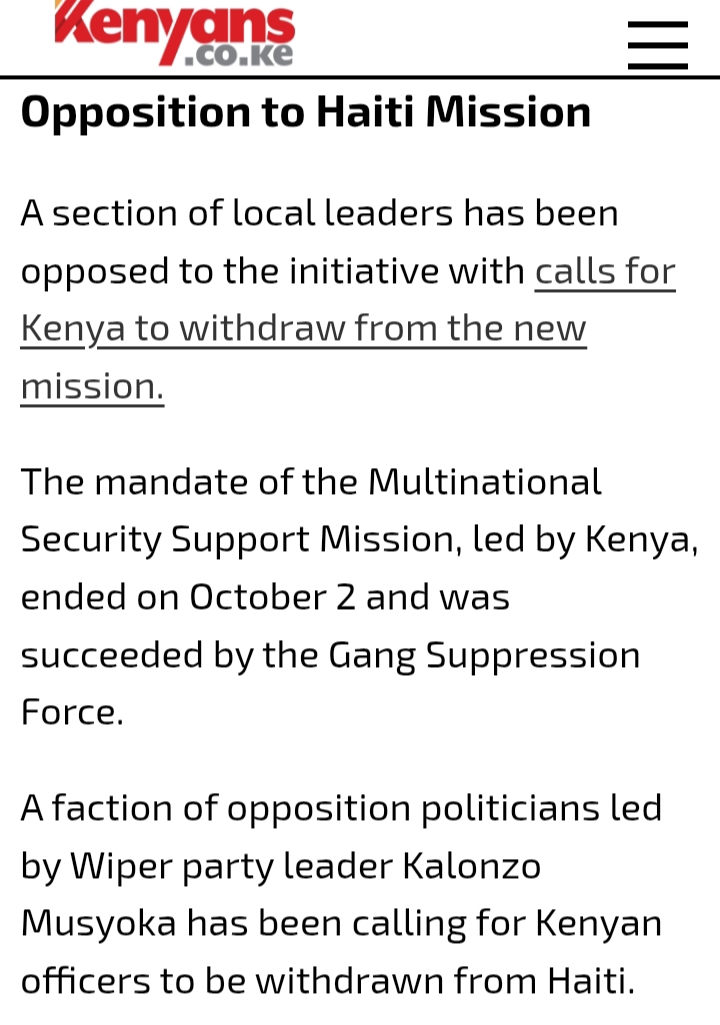
The transition was intended to enhance coordination between local and international forces tackling gang violence.
However, the debate at home continues, with critics questioning whether the government should prioritise domestic security concerns before taking on international peacekeeping duties.
Even with the mounting political pressure, the Kenyan government appears firm in its position. Officials maintain that Kenya’s engagement in Haiti is guided by moral and diplomatic duty to support global peace initiatives.
The ongoing partnership with the United States and other international allies signals Kenya’s commitment to maintaining its role as a reliable peacekeeping nation on the world stage.

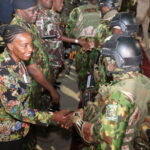

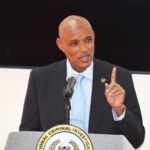


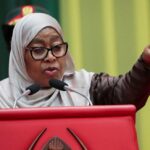

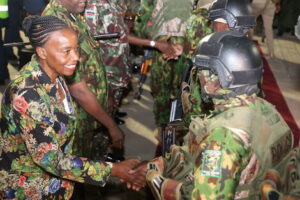
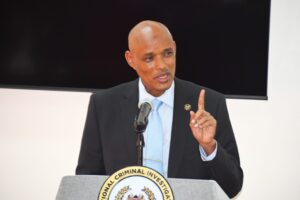

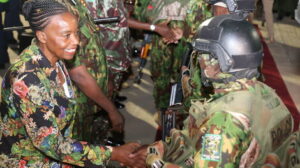
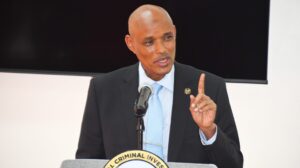


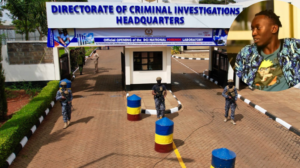





Add Comment